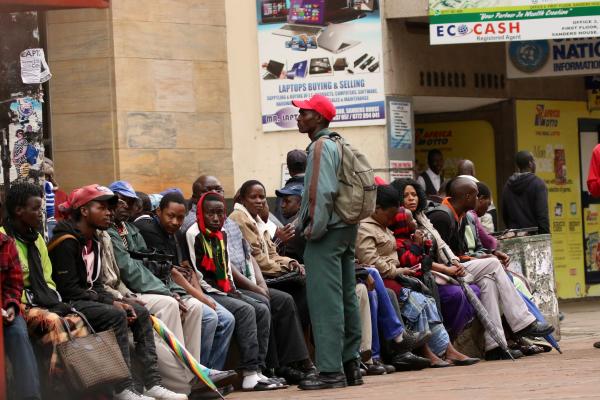Nov 15, 2017
"This is a correction of a state that was careening off the cliff," Chris Mutsvangwa, the leader of the liberation war veterans, told Reuters. "It's the end of a very painful and sad chapter in the history of a young nation, in which a dictator, as he became old, surrendered his court to a gang of thieves around his wife."
Read the Full Article

Already a subscriber? Login
